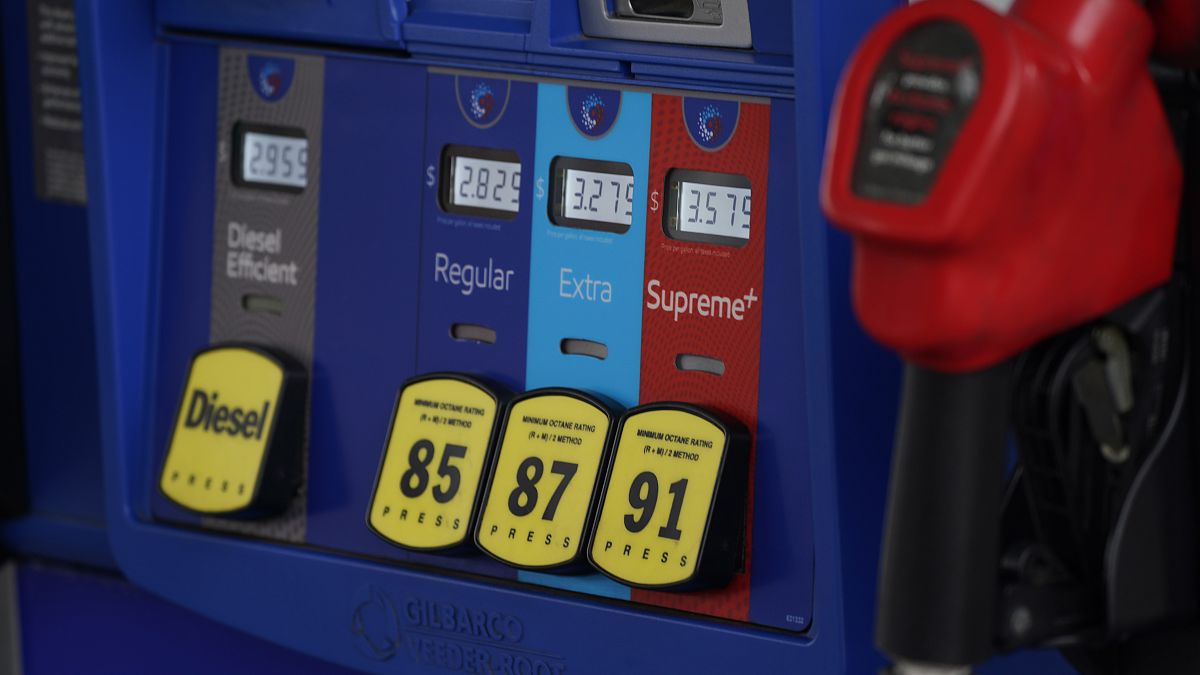Hungarians have seen the price of fuel reach an all-time high, and prices are expected to go even higher on Friday.
Hungarians have seen the price of fuel reach an all-time high due to an increase in the price of Brent crude oil and the Hungarian currency weakening against the US dollar.
Brent crude oil is already 50% more expensive than at the beginning of the year, and it now costs around 501 forints a litre, or just under €1.40. Prices are expected to go up further on Friday.
At the end of last year, the price of Brent crude was around $50 (€43) a barrel, it is now $83 (€72) a barrel. Additionally, the forint has weakened against the dollar – $1 is now worth 312 forints when it was worth fewer than 300 forints at the start of the year.
"We see that unfortunately, commodity prices are stabilising at a high level, we think the same for oil, and if this continues and the price of oil continues to rise at a moderate pace and the Hungarian currency weakens against the dollar, that would point to a moderately rising fuel price overall for the next period," economics expert Viktor Nagy told Euronews.
Eszter Bujdos, managing director of Hungary’s biggest fuel distributor Holtankoljak, believes there is little chance of a downward trend, and added that in Hungary almost 50% of the price of fuel is made up of taxes.
The excise duty is currently 110,35 forints per litre for diesel and 120 forints for petrol. The Hungarian government cut it in April because the law required a lower rate for fuel above $50 (€43) a barrel.
"Operators are forced to raise prices because their maintenance costs are rising. Mostly because of the increase in overheads, electricity and gas prices. Not to mention the fact that the special tax introduced last year, which affected the commercial sector, has also hit fuel wells," Bujdos said.
This extra tax could add up to 15 forints to the price of fuel per litre, according to Eszter Bujdos.
The increase in the cost of fuel across Europe follows a strong post-Covid recovery.
Brussels has urged member states to spend COVID-19 recovery funds – which Budapest could receive – on clean energy.



